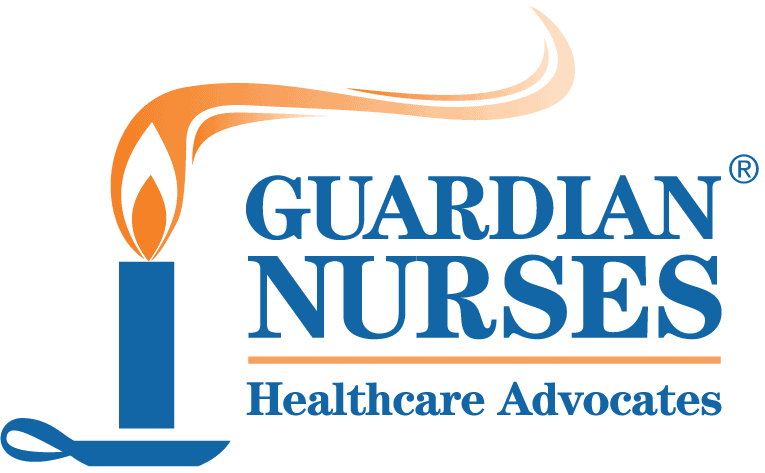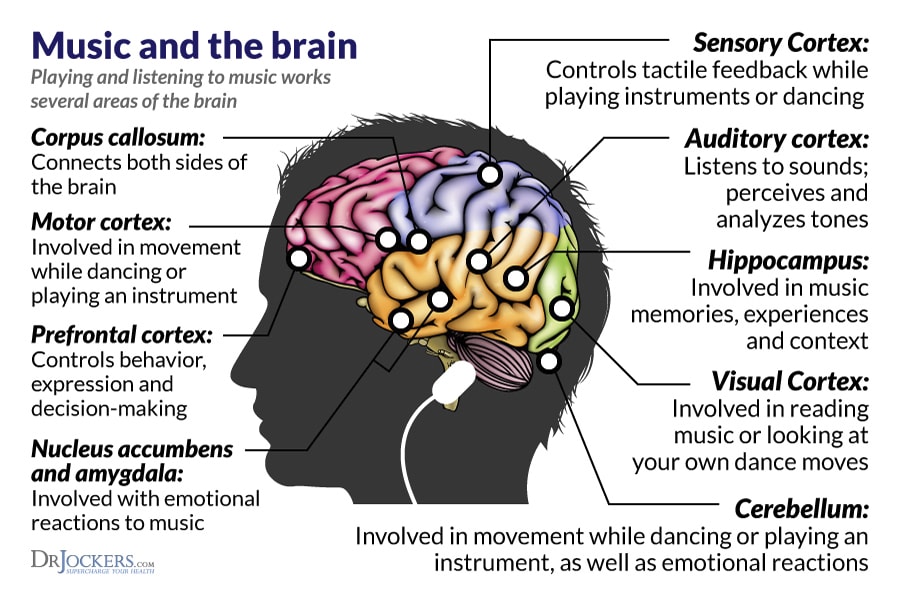Besides May being Nurses’ Month, May is also Mental Health Awareness Month.
Mental health is essential to our overall health, and the importance of attending to mental health has become even more pronounced during the COVID-19 pandemic, which has not only negatively impacted many people’s mental health but has also created barriers to treatment.
Millions of adults and children in the U.S. experience mental health conditions, including anxiety, depression, schizophrenia, bipolar disorder, and post-traumatic stress disorder. Nearly one in five Americans lives with a mental health condition. Those living with mental health conditions are our family, friends, classmates, neighbors, and coworkers.
In this issue of The Flame, we introduce music and its effect on the brain. And, later this month, we’ll be sharing a link to watch Orchestrating Change and then joining us as we talk with the movie’s ‘stars.’
Join Guardian Nurses as we watch this documentary film that tells the inspiring story of Me2/Orchestra, the only orchestra in the world created by and for people living with mental illness and those who support them.
Co-founded by Ronald Braunstein, once a world-renowned conductor whose career was shattered when his own diagnosis of bipolar disorder was made public, the mission of the orchestra is to erase stigma one exhilarating concert at a time.
As they rehearse, perform and prepare for a major concert, these extraordinary musicians have no idea how much the orchestra will change their lives in poignant and powerful ways.
Send us an email if you are interested in seeing the film. We’ll send you a link where you can access the film. We’d also love to have you join us for the Town Hall with the movie’s producers and Maestro Ronald Braunstein, the co-founder of the Me2/Orchestra.
Happy Nurses’ Month!!!
— Betty Long, RN, MHA, President/CEO, Guardian Nurses Health Advocates
Music and the Brain. Listen Closely.
If you want to firm up your body, head to the gym. If you want to exercise your brain, listen to music.
Scientists and physicians confirm that there are few things that stimulate the brain the way music does. If you want to keep your brain engaged throughout the aging process, listening to or playing music is a great tool. It provides a total brain workout. One small study showed that when 13 older adults took piano lessons, their attention, memory, and problem-solving abilities improved, along with their moods and quality of life. You don’t have to end up playing at Carnegie Hall, just take a few lessons.
Research has shown that listening to music can reduce anxiety, blood pressure, and pain as well as improve sleep quality, mood, mental alertness, and memory.
Researchers have also found that music therapy can be a safe and effective treatment for a variety of disorders, including depression. One study found that music therapy was a safe, low-risk way to reduce depression and anxiety in patients suffering from neurological conditions such as dementia, stroke, and Parkinson’s disease.
The Brain-Music Connection
Experts are trying to understand how our brains can hear and play music. A stereo system puts out vibrations that travel through the air and somehow get inside the ear canal. These vibrations tickle the eardrum and are transmitted into an electrical signal that travels through the auditory nerve to the brain stem, where it is reassembled into something we perceive as music.
Researchers at Johns Hopkins have had dozens of jazz performers and rappers improvise music while lying down inside an fMRI (functional magnetic resonance imaging) machine to watch and see which areas of their brains light up.
One physician said that “Music is structural, mathematical andarchitectural. It is based on relationships between one note and the next. You may not be aware of it, but your brain has to do a lot of computing to make sense of it.” And here I thought I was just listening passively!
Everyday Brain Boost from Music
The power of music isn’t limited to interesting research. Try these three methods of bringing more music—and brain benefits—into your life.
Jump-start your creativity.
Listen to what your kids or grandkids listen to, experts suggest. Often we continue to listen to the same songs and genre of music that we did during our teens and 20s, and we generally avoid hearing anything that’s not from that era. My nephew, Kees, suggested I listen to one of his favorite bands, Deerhunter, an indie rock band from Georgia.
New music challenges the brain in a way that old music doesn’t. It might not feel pleasurable at first, but that unfamiliarity forces the brain to struggle to understand the new sound. Thank you, Kees.
Recall a memory from long ago.
Reach for familiar music, especially if it stems from the same time period that you are trying to recall. For instance, listening to Gladys Knight and the Pips “Midnight Train to Georgia” might bring you back to the first moment you laid eyes on your spouse.
Listen to your body.
Pay attention to how you react to different forms of music, and pick the kind that works for you. What helps one person concentrate might be distracting to someone else, and what helps one person unwind might make another person jumpy.
Whatever your playlist, sit back and enjoy!!

